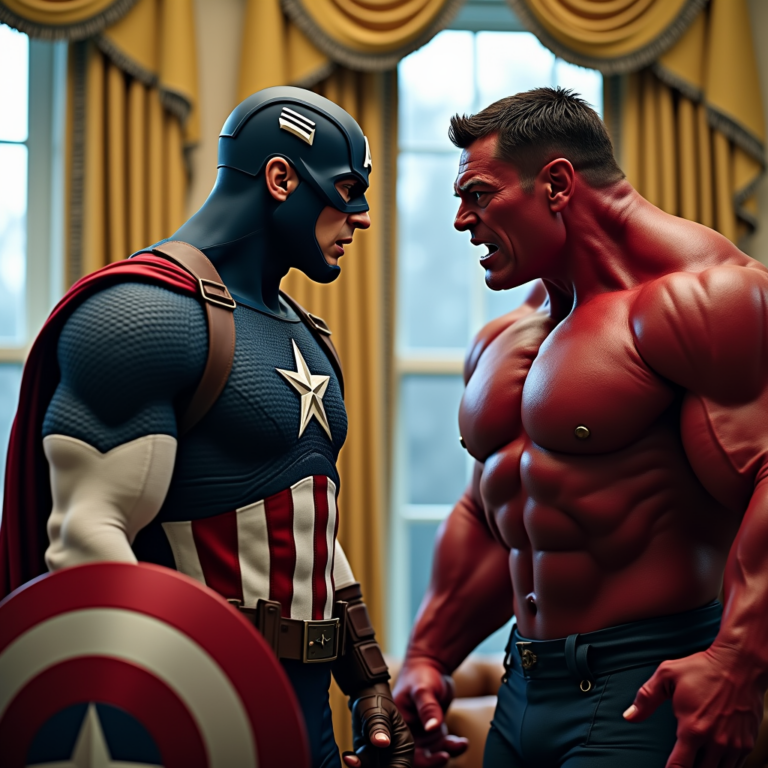Brace yourself for a seismic shift in the world of football as Saudi Arabia prepares to host the 2034 World Cup. Amidst the excitement, a contentious decision looms – a complete ban on alcohol consumption within the stadiums. This move has ignited a firestorm of debates, leaving fans and industry insiders alike grappling with the implications.
Exploring the Implications
The decision to prohibit alcohol sales in stadiums during the 2034 World Cup in Saudi Arabia has sent shockwaves through the football community. Unlike Qatar, where limited alcohol sales were permitted in designated fan zones, Saudi Arabia’s stance is uncompromising. This hard-line approach raises questions about the balance between respecting cultural norms and accommodating global audiences. As the countdown to the tournament begins, stakeholders must navigate this delicate terrain with wisdom and diplomacy.

A Glimpse into Saudi’s Stance
Saudi Arabia’s unwavering position on alcohol stems from its deeply rooted cultural and religious values. Alcohol consumption has been strictly prohibited in the kingdom since 1952, with only a recent exception made for non-Muslim diplomats under stringent regulations. This uncompromising stance reflects the nation’s commitment to upholding its principles, even on the world’s biggest sporting stage. As the host nation, Saudi Arabia’s decision to maintain its alcohol ban within stadiums is a bold statement that challenges the status quo.

Lessons from Qatar 2022: Navigating Cultural Divides
The 2022 World Cup in Qatar served as a precursor to the challenges that lie ahead. Despite initial plans for limited alcohol sales, a last-minute reversal by Qatari authorities left fans and sponsors reeling. This experience has underscored the importance of open dialogue and mutual understanding between host nations and the global football community. As Saudi Arabia prepares to take the spotlight, both sides must learn from the past and find common ground that respects cultural sensitivities while meeting the expectations of a diverse global audience.

The Financial Ties that Bind
Saudi Arabia’s financial clout within the football world cannot be ignored. With lucrative sponsorship deals and investments in broadcasting rights, the kingdom wields significant influence over FIFA’s decision-making processes. This financial leverage raises questions about the extent to which commercial interests may supersede cultural considerations. As the 2034 World Cup approaches, all eyes will be on how these intricate power dynamics play out, shaping the tournament’s narrative and legacy.

Budweiser’s Resilience: Extending the Partnership
Despite the challenges faced in Qatar, where Budweiser’s presence was significantly curtailed, the brewing giant has demonstrated remarkable resilience. By extending its long-standing partnership with FIFA until 2026, Budweiser has signaled its commitment to navigating the complexities of hosting the World Cup in diverse cultural contexts. As negotiations for 2034 unfold, the company’s ability to adapt and find mutually acceptable solutions will be put to the test once again.

Unveiling the Truth: What Lies Ahead?
As the countdown to the 2034 World Cup in Saudi Arabia continues, the truth about the alcohol ban and its implications remains shrouded in uncertainty. Will FIFA and the host nation find a middle ground that satisfies both cultural sensitivities and global expectations? Or will this contentious issue cast a long shadow over the tournament, dividing fans and stakeholders alike? Only time will unveil the full extent of this decision’s impact, leaving the world to wonder what lies ahead for the beautiful game on the grandest stage of all.
















+ There are no comments
Add yours